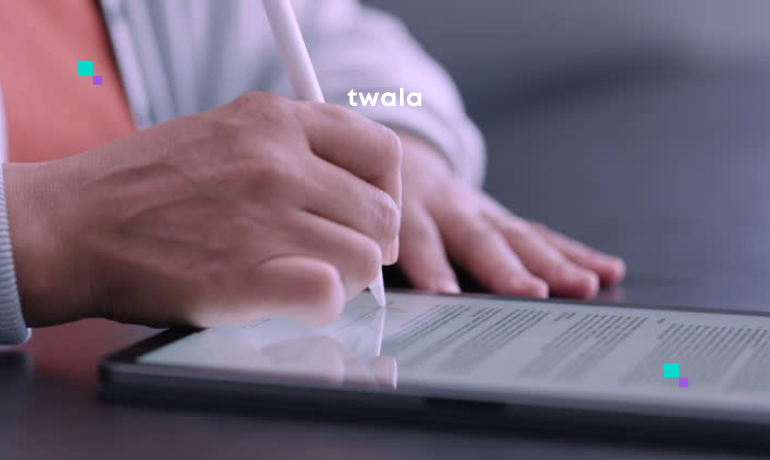The Paper Problem: Why PH Enterprises Are Losing Time and Money
Despite the ongoing digital shift, 70% of enterprises in the Philippines still heavily rely on physical paperwork for their operations. This dependence on paper is not only costing businesses in terms of time but is also draining financial resources that could be better invested elsewhere.
-2.png)


